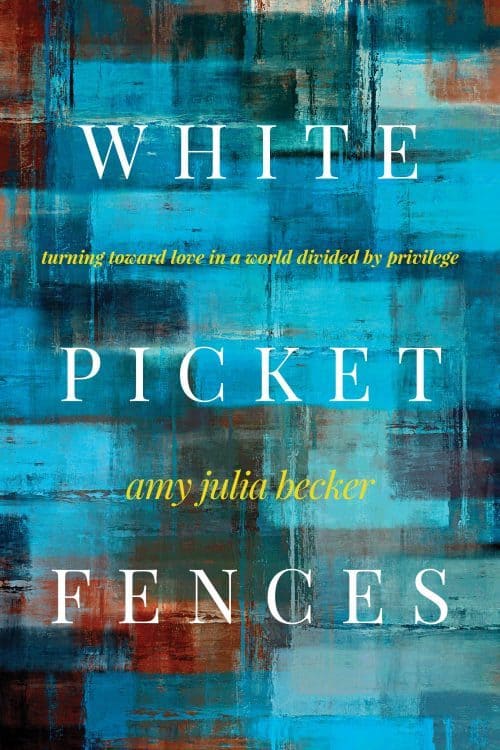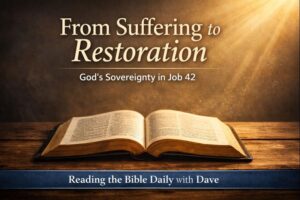⏱️ Estimated Reading Time: 4 min read
In White Picket Fences, Amy Julia Becker comes to terms with a lifetime’s worth of privilege. She looks back on her life with newfound ambivalence about the subtle advantages of her childhood. For example, her family employed a nanny, a gardener, and a cleaning person, all three of whom were African American and lived in a less affluent part of town. Becker acknowledges her own conflicted feelings as an adult. Although her parents had been generous to care for the needs of their employees, she can’t help but reevaluate the whole dynamic of race relations in her hometown. “The racism of my childhood looked benign,” she admits (58). But when Becker looks at the whole picture–the stubborn effects of segregation in her school, the lack of honesty in the fourth-grade history book she tracks down–she sees that she enjoyed subtle forms of privilege that were not available to everyone.
Becker offers her memories with vulnerability, speaking honestly about how she had often considered her good fortune to be a blessing from God, but now can see that in many cases those moments may just have been reflections of her privilege. Did her husband get the job he wanted because of his high-powered connections or because of God’s provision? This isn’t really a question that needs to be answered, but she demonstrates humility by her willingness to explore the benefits of privilege. Those familiar with Becker’s writing will recall her daughter, Penny, was born with Down Syndrome. By including stories about her daughter and (to a lesser extent) her time attending to her sick mother-in-law, Becker demonstrates the ways that challenges have punctured her life of privilege. Challenging circumstances have taught her that there are problems even “all our intellectual tools and high-powered connections and financial wherewithal could not solve” (127).
This is a compelling memoir, but those looking for solutions will find little more than an invitation to confession and thankfulness. Occasionally, she offers a few suggestions like “cleaning the wounds of people you love, of participating in healing and new life, of becoming vulnerable and needy and receiving love and care” in order to see your privilege as something “that connects instead of divides” (131).
Overall, the solutions offered in this book are mostly vague and optimistic. She idealizes the concept of love, defining it as “the capacity of individuals to give and sacrifice and care for others” (166) and as “a force that powers the universe and is freely and abundantly available to all who would receive it” (169). Both ideas are present in the Bible, but her definition falls short of the specific revelation of God’s love through the atoning death of Jesus Christ.
Becker also emphasizes that scripture wants us all, collectively, to love. “Love by its nature is relational” she reminds us, “and the power love wields is not through isolated individuals but through institutions and communities that band together on behalf of one another” (167). Her vision seems too simplistic for a complicated problem rife with deep wounds and a long history of tensions. Even more troubling was her admission that she “used to think of sin as immoral actions, but…I now think of sin as everything that separates us from love. That’s why I often use the word brokenness instead of sin to describe everything in me and in the world that doesn’t line up with love” (141). Even choosing to use brokenness instead of sin shows a certain level of privilege. “Brokenness” is a passive word and this passive attitude about systemic racism doesn’t offer much of a solution. As much as I appreciated Becker’s honest story-telling, I couldn’t help but wonder if those looking in from the other side of the white picket fence would see enough in her story to make them hopeful.
Becker is an attentive and thoughtful writer, and this book paves the way for readers to reflect on their own privilege, but scripture offers us a very particular vision of love. It offers us the specific sacrifice of Jesus that broke down “the dividing wall of hostility” so that he might reconcile us all to God (Ephesians 2:14). Jesus died so that we could all be “one in Christ” without distinction by race, class, or gender (Galatians 3:28). The potential for unity came at a great cost and requires personal and corporate repentance of sin. The Christian faith has a rich wealth of resources that could have been mined to provide richer, clearer, and more helpful solutions. I absolutely recommend Becker’s story for its honesty, vulnerability, humility, and her willingness to put her own privileged life up for discussion. I just wish she would have offered even more of the glory of reconciliation offered by Christ.




